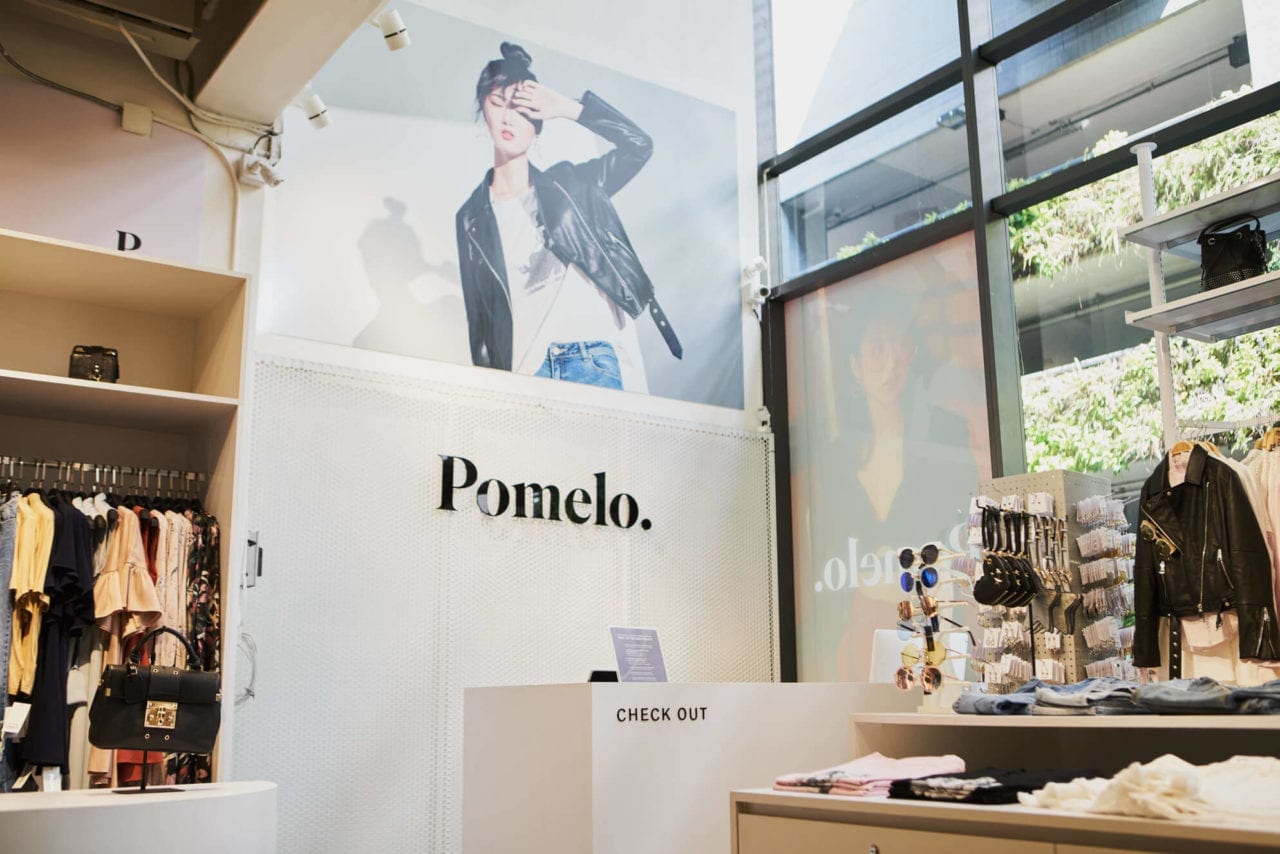
Omnichannel fast fashion company Pomelo builds a proprietary in-house technology stack to enable the seamless management of a complex vertical supply chain across its multiple locations and labels. This technology stack was developed to meet Pomelo’s changing logistical
needs as it’s business model evolved from one based on private label sourcing to one that is fully vertically-integrated, allowing for control over every aspect of launching, building, and scaling a fashion brand.
Named Henry after Henry Ford, who popularized the modern assembly line for mass production, Pomelo’s solutions stack forms the common foundation of its building and scaling strategy, and integrates all aspects of its processes from design, manufacturing, content creation, retailing (in-app, online, and in-store) to inventory optimization. Henry is used in Pomelo’s multiple labels and categories including Pomelo, PM, Alita, and BEET across a manufacturing base spanning Southeast Asia and China.
“Our competitors are still using spreadsheets and paper purchase orders to manage a highly complex system of product development, manufacturing, and omnichannel retailing. As a fashion company with tech DNA, we’re building, from the ground up, a brand-new tech stack for today’s digital world that incorporates the latest in machine learning, big data, and automation,” says Lloyd Lin, Regional Vice President of Production. “We have always been focused on technology as a means to innovate key areas of the business, including our supply chain.”
Managing Fashion Supply Chains in a Digital World Pomelo’s tech stack started as a simple back-end inventory tracker in 2015. Today, 4 years on, Henry is now capable of tracking the entirety of Pomelo’s supply chain in real-time and functions as the brand’s control center. It accurately manages profit margins and provides data-driven insights and analytics on customers’ purchase behaviors that simplify the design and purchasing teams’ buying decisions. With Henry’s help, Pomelo, and their customers, in turn, have enjoyed significant costs-savings.
In the same vein, Pomelo’s supply chain has also seen further streamlining and innovation in 2018. The samples production process, essential to every new launch of which Pomelo has three weekly, is a long process involving multiple iterations and external vendors. In order to reduce material waste, production costs and time spent, Pomelo’s newly established samples lab automates the process of sample production. Managed entirely in-house, the lab is customized for Pomelo products, allowing for better quality control. In 2019, Pomelo plans to put in place a bidding process that allows production partners to bid on orders in their areas of specialization to further optimize the supply chain.
The trailblazing startup, which terms itself a Digitally Native Vertical Brand (DNVB), focuses on innovating key areas of its business, like the supply chain, through technology. The results of Pomelo’s optimization push speak for themselves: in 2018, Pomelo dramatically expanded its range across labels by more than five times, and its total revenues by nearly the same amount.
Pomelo’s technology team is primarily based in Bangkok, but also has developed resources in China and India. “The rate at which we continue to improve our technology is a long-term competitive advantage we are very excited about, and ultimately a key differentiator for Pomelo. We will continue investing in and strengthening our team, as well as our technology stack to ensure that we are setting the standard for how an omnichannel fashion brand anchored in today’s digital world should be managed.” says Pomelo CEO David Jou.

